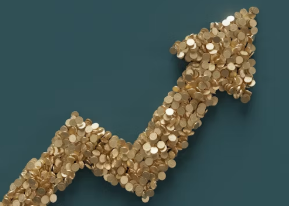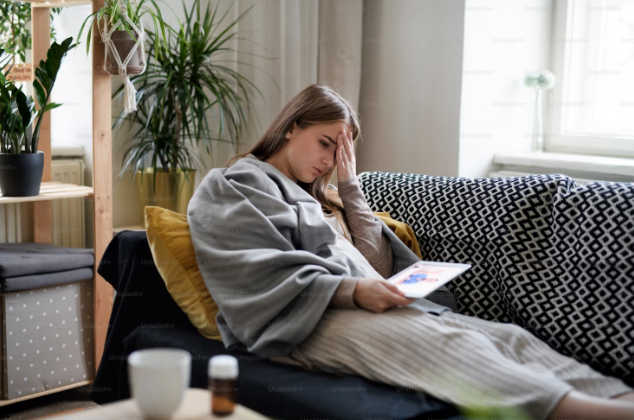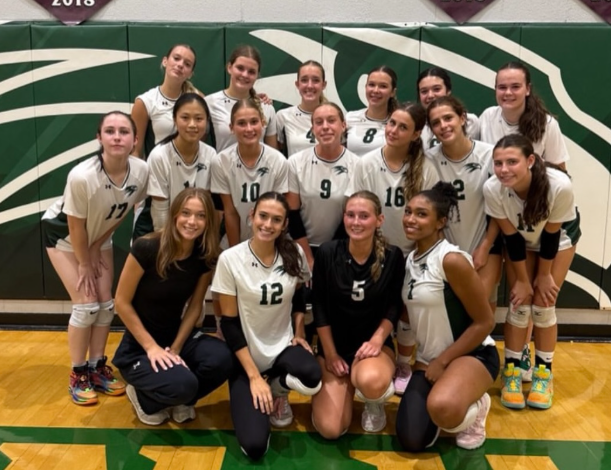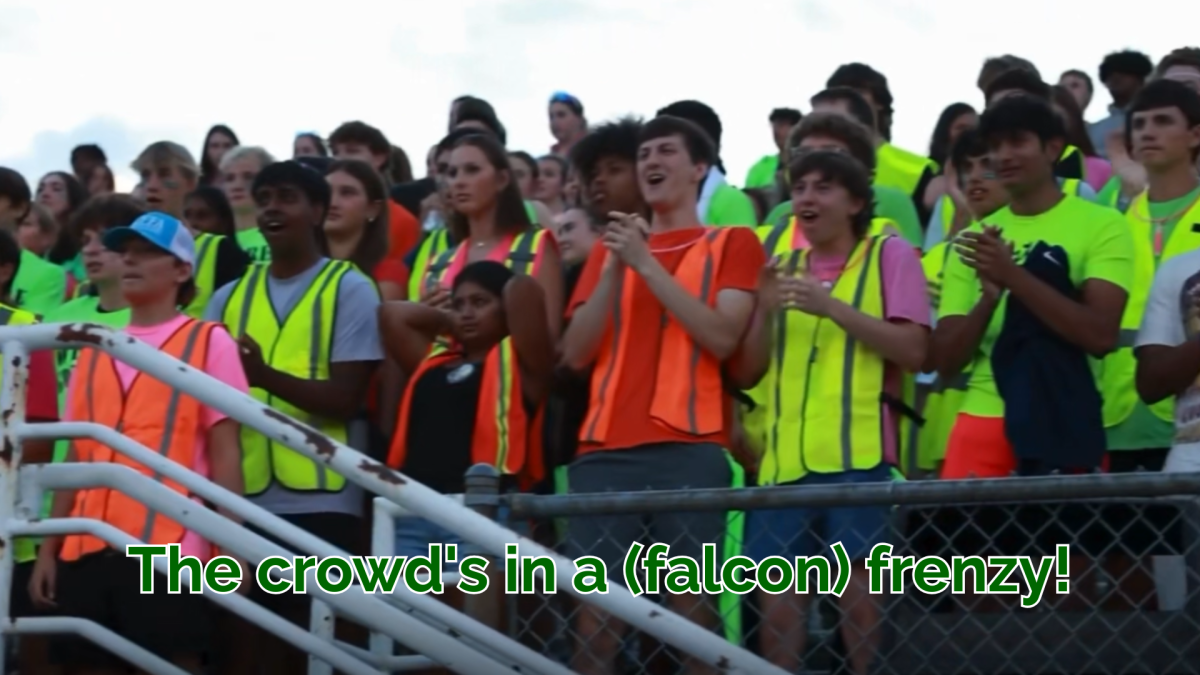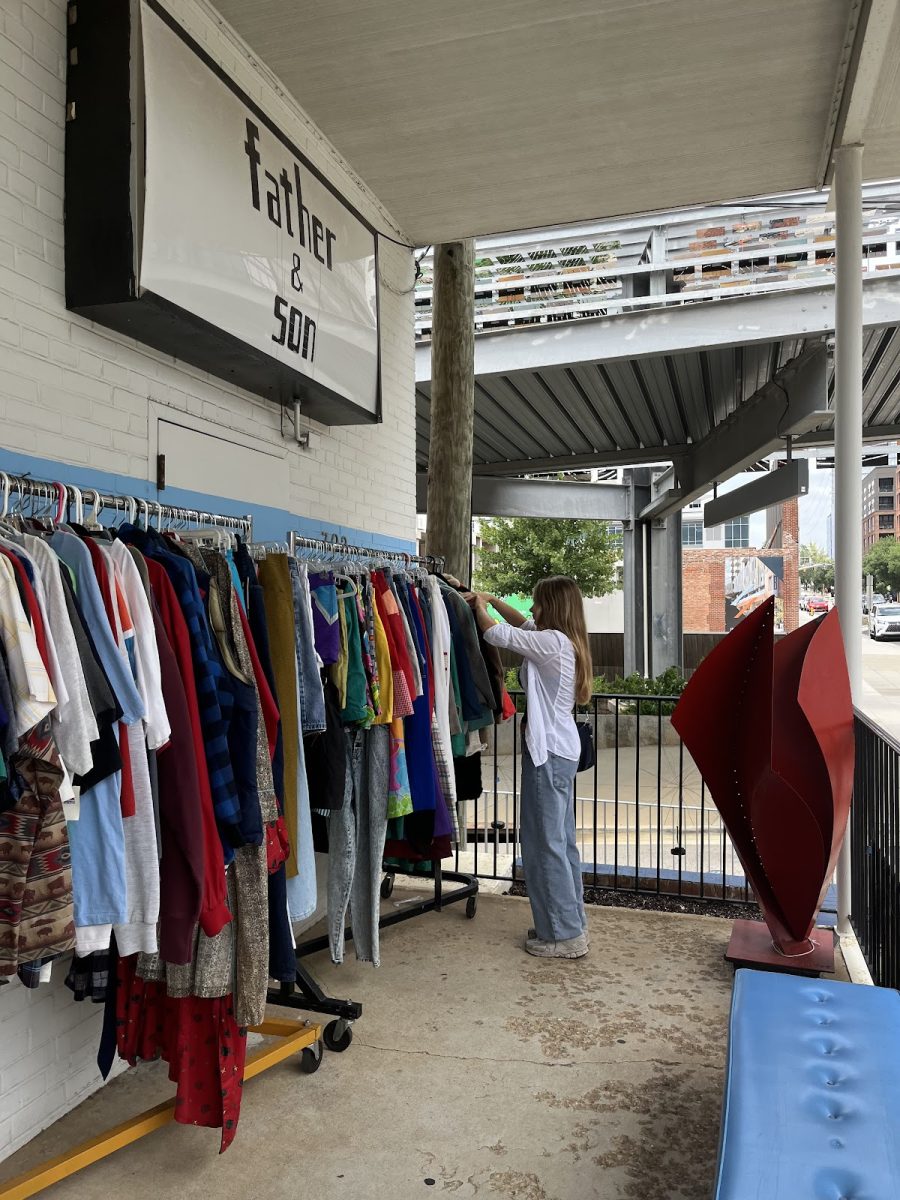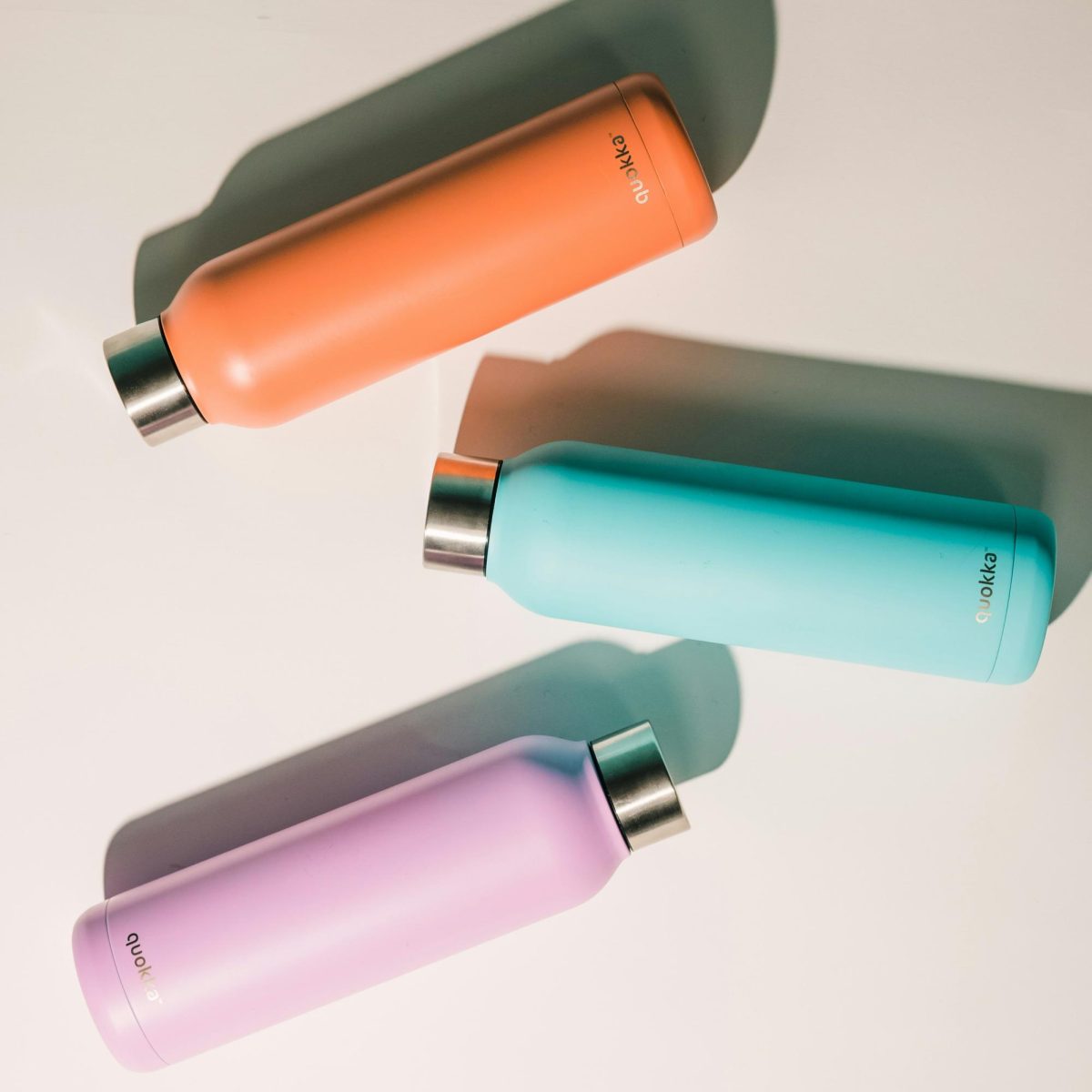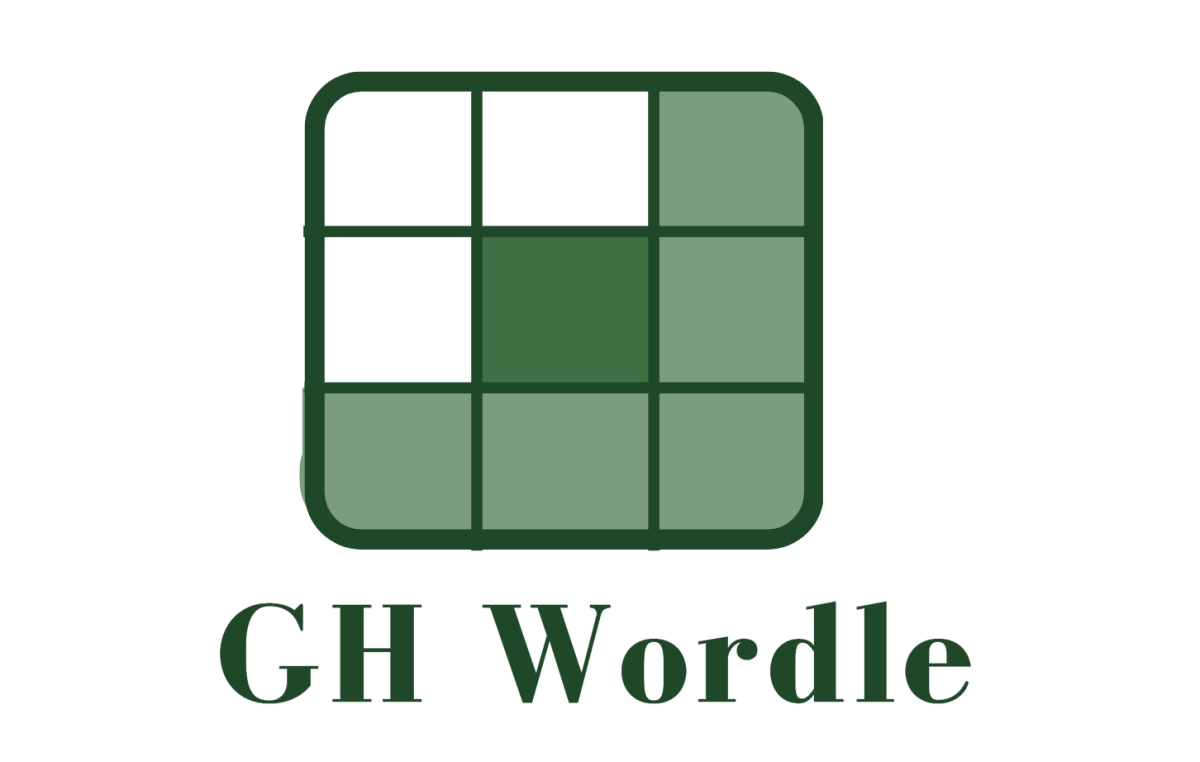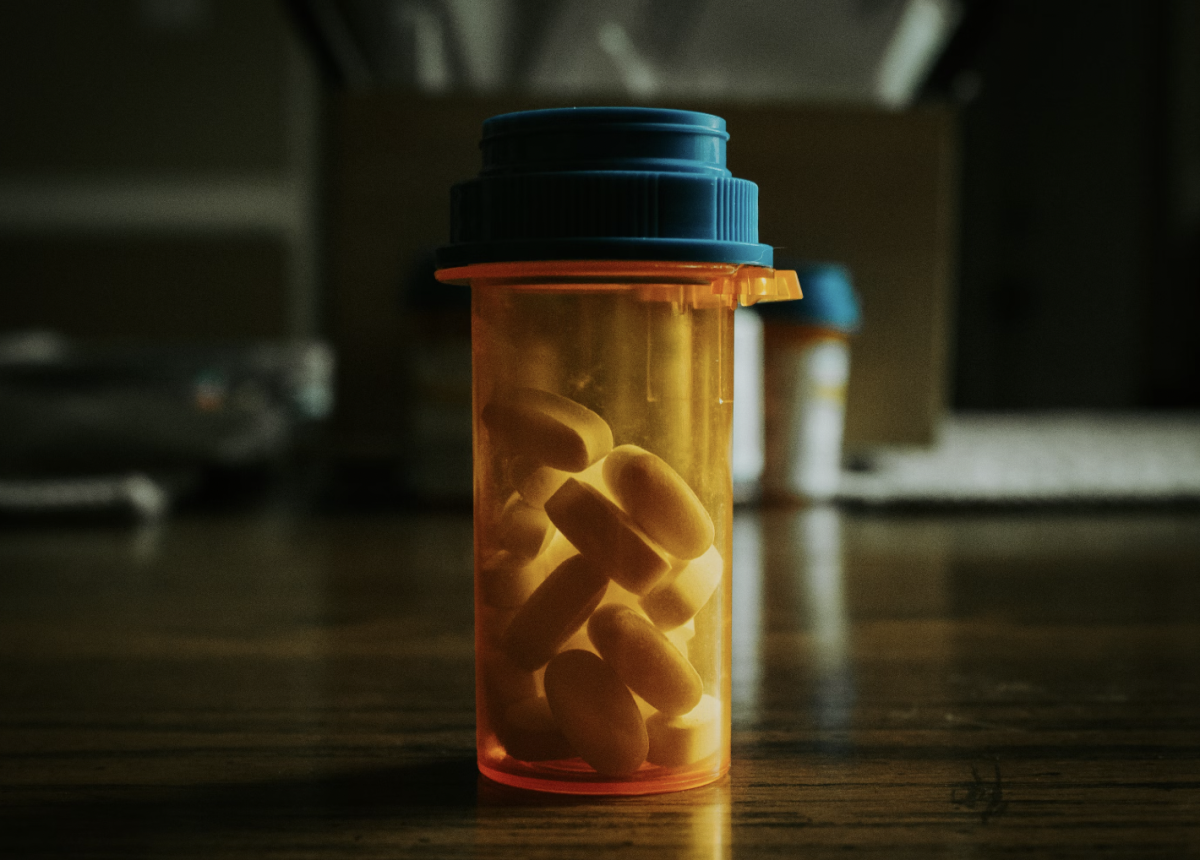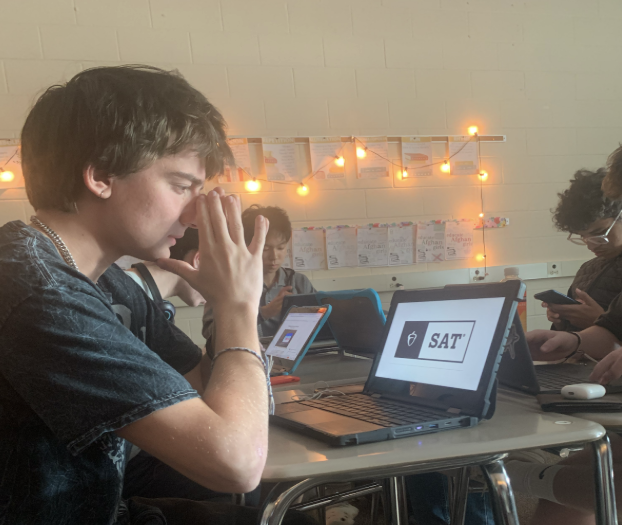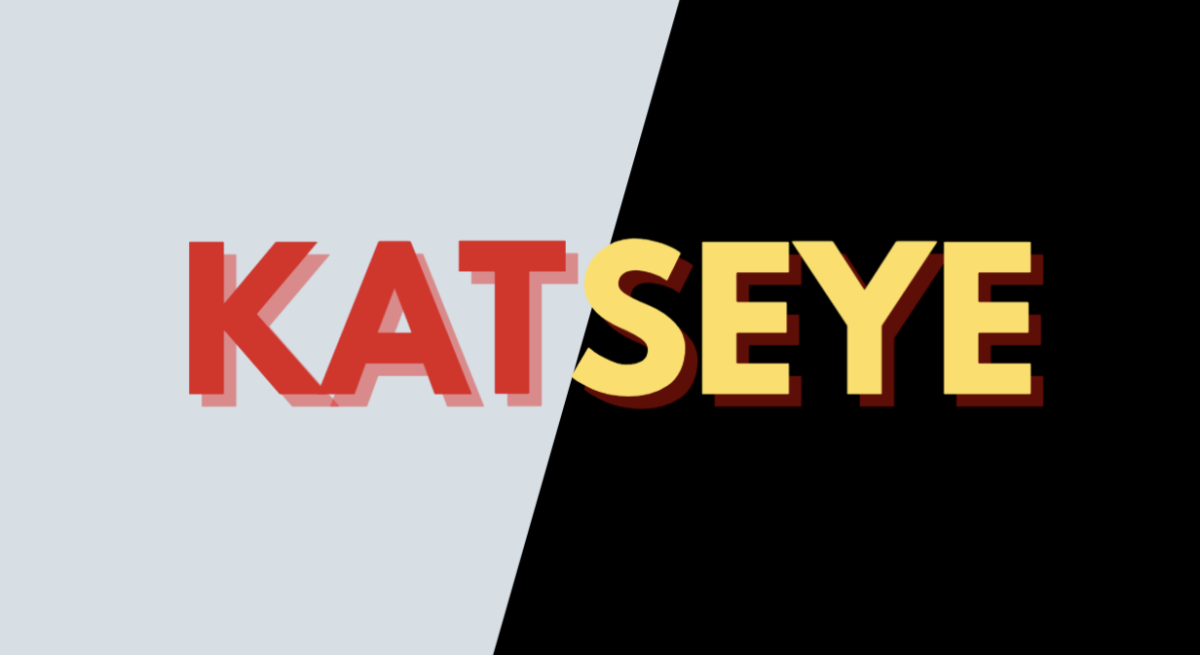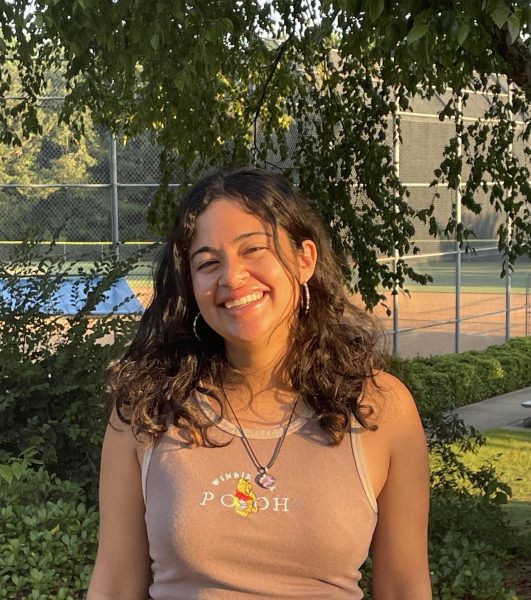On October 12th, 2022, the Food and Drug Administration (FDA) announced an official shortage of the drug Dextroamphetamine, more commonly known by its brand name “Adderall”. Confusion followed as the short supply facilitated rumors of fake pills being sold by pharmacies and caused misinformation and uncertainty regarding next steps of actions for drug development companies and public health officials.
Adderall was initially approved by the Federal Drug Association (FDA) in 1996 for people with Narcolepsy and Attention Deficit Hyperactivity Disorder (ADHD). Since then, it has been one of the most prescribed medications in the U.S and the most prescribed for ADHD. In addition to this, the diagnoses of ADHD has increased by 67% in the last 20 years, creating a higher demand for the drug that pharmacies are seeing a shortage of.
“Adderall has been the major drug for ADHD, at least in the past 20 years,” said Mrs. Ashley Davidson, a health science teacher here at Green Hope. “They noticed a spike in adolescent diagnoses back in 2021 and they, from what I’ve read, associate that with the pandemic.”
As pharmacies searched for a new substitute to replace the drug that many stores have historically depended on in the medical field, a controversy surrounding the distribution of false medication ensued. Many ADHD patients report receiving “fake” Adderall pills on the internet. Some claimed that they weren’t seeing the results they saw before the shortage, and speculated various rumors. In reality, pharmacies were rationing their dosages of Dextroamphetamine put into the actual Adderall pill. However, this ended up leaving those with more severe cases of ADHD unaffected and untreated by the medication that they paid for.
By the time Adderall had become increasingly scarce, patients had already started looking for alternatives to their medicine of choice. Lisdexamfetamine Dimesylate, commonly known as Vyvanse, was the most popular substitute to surface the ADHD community. Vyvanse was approved by the FDA in 2007 as a treatment for both binge eating disorder and ADHD. Manufactured by Takeda Pharmaceutical Company Limited, Vyvanse is more attainable than Adderall in its supply and how it is consumed. It can be taken in a capsule form, a chewable medication form, and can even be mixed into drinks.
“Vyvanse is a little bit different than Adderall,” Mrs. Davidson said, “Adderall only last about 10 hours, Vyvanse lasts about 12 and because it’s a different type of drug (lisdexamfetamine versus just amphetamine) it’s suppose to [cause] an increased amount of issues with people who may have anxiety and [other] mental illnesses, or people who have heart issues.”
By May 2023, Vyvanse sales had spiked by 30% and by June, Takeda started to experience a patent cliff, a term that indicates a medication is selling so much that their patent expires and the supply they are approved to manufacture drops. In order to mitigate the issue, the FDA officially cleared Vyvanse on Aug. 25, along with a number of other medications, as an acceptable alternative to Adderall. When the FDA approves a medication, the supply and dosage window grows to a more sustainable amount for wider distribution.
Given Vyvanse’s now sustainable supply, some still speculate that it could face a similar fate as Adderall. The main reasoning behind this is the type of drug and level of drug that Vyvanse carries. “The FDA puts a limit to the drugs used to make amphetamine.” Mrs. Davidson said, “with these limitations it can cause the pharmaceutical companies to manufacture lesser amounts of the drug than what is needed in the population.”
Despite the U.S seeing certain benefits from this, most countries outside of the US have banned amphetamines like Adderall and Vyvanse because of its Schedule II status. Schedule II drugs are highly addictive causing people to take them for anywhere from a few years to the rest of their lifetime. Still, without an international market to support the supply in a high demand product like Vyvanse, shortages are inevitable.
Medication shortage is an issue pharmaceutical companies continue to grapple with under the pressures of a growing population. As of today, roughly 3.5 million Americans take Vyvanse — a number that is projected to increase in future years as the supply for ADHD medication grows.








